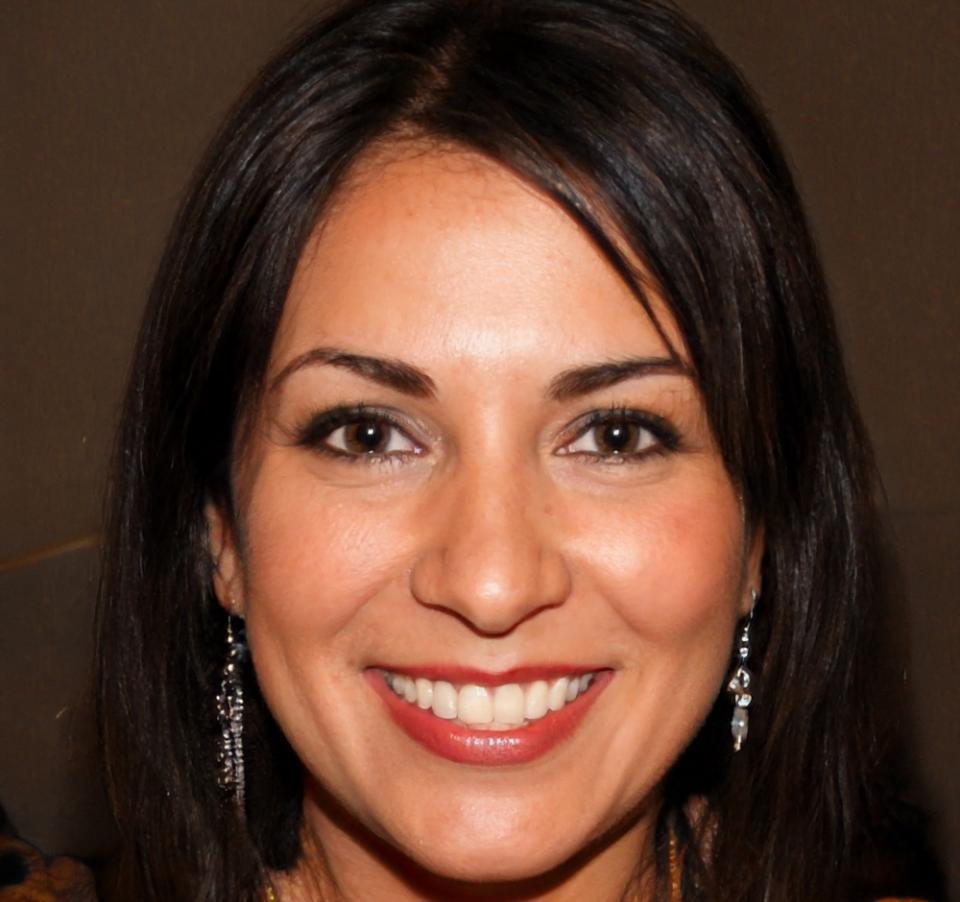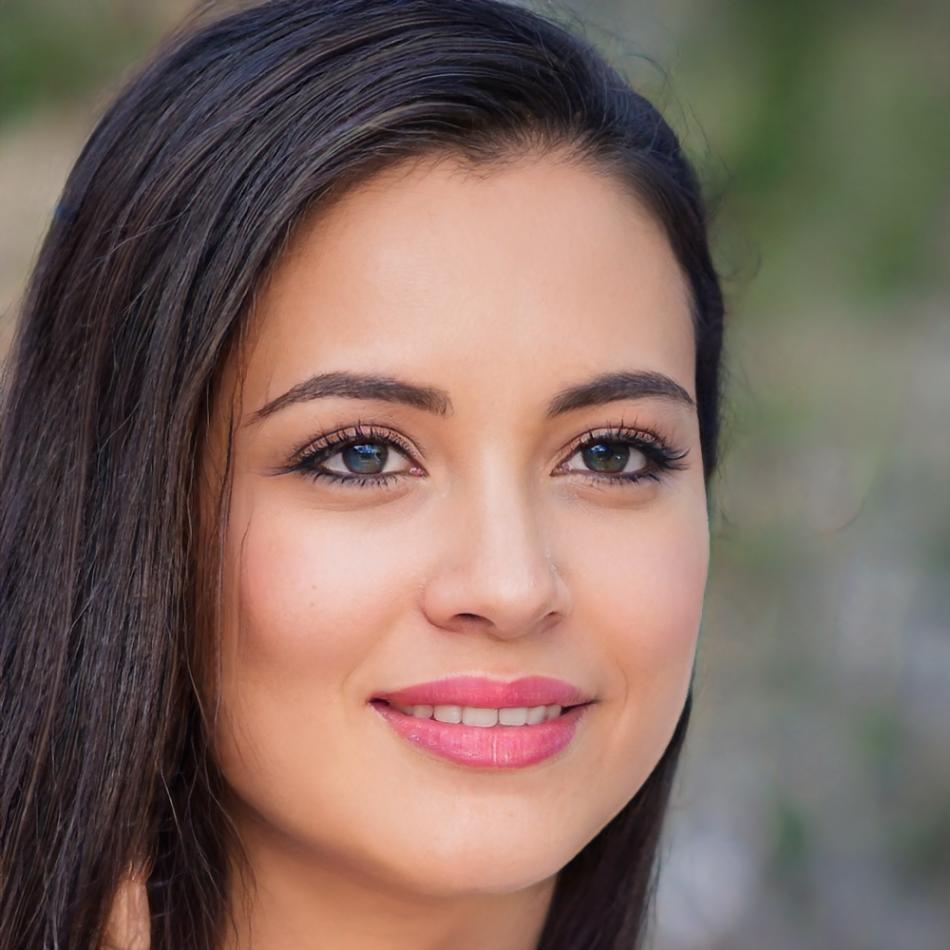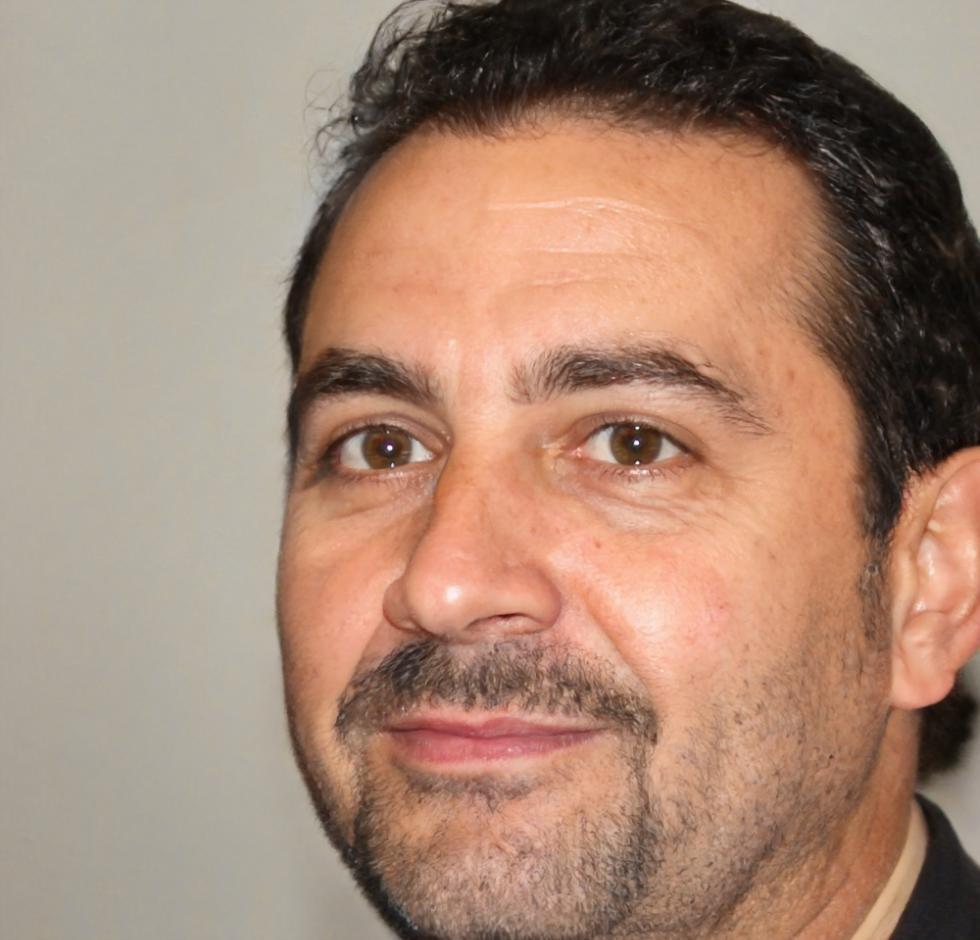Build Financial Confidence Through Structured Learning
Our six-month program helps you develop practical budgeting skills and planning strategies. Starting September 2025, learn to manage personal finances with clear goal-setting frameworks.
Foundation Phase
We start with budgeting basics. You'll learn to track spending patterns and identify where money actually goes each month. Most people discover surprising habits during this phase.
Goal Framework
Setting realistic financial targets takes practice. We cover short-term savings goals and longer planning horizons. The focus is on creating achievable milestones rather than overwhelming yourself.
Tools & Systems
You'll work with spreadsheet templates and tracking methods that fit different lifestyles. Some prefer digital apps, others like paper systems. We explore various approaches so you can find what works.
Ongoing Practice
Financial planning isn't something you master once and forget. Regular check-ins help maintain momentum. We discuss adjusting budgets when life circumstances change, which happens to everyone.
Meet Your Program Guides

Cassia Thaworn
Budget Planning Facilitator
Cassia spent years helping families in Lampang organize household finances. She's practical about money challenges and prefers straightforward solutions over complicated formulas.

Merika Sinchai
Financial Tracking Specialist
After managing accounts for small businesses, Merika now teaches tracking methods that actually get used. She's seen every excuse for not checking bank statements and knows how to make it less tedious.

Brevyn Somchai
Goal Setting Coordinator
Brevyn worked in educational planning before shifting to personal finance. She understands that financial goals need the same careful mapping as career paths, with room for adjustments along the way.

Dantrell Wattana
Program Support Lead
Dantrell handles the technical side of our learning platform and answers questions about course materials. He previously worked in software training, so he's patient with technology confusion.
Program Timeline - Autumn 2025
September 2025
Introduction sessions begin with expense tracking exercises. You'll document two weeks of spending to establish baseline patterns. Group discussions happen twice weekly via video calls.
October 2025
Budget creation workshops start. We work through income allocation and category planning. You'll draft your first monthly budget and learn adjustment techniques for when plans don't match reality.
November - December 2025
Goal-setting modules focus on defining financial objectives. We cover emergency fund basics and savings strategies. Holiday spending discussions address seasonal budget challenges that often derail progress.
January - February 2026
Review and refinement period with individual progress check-ins. You'll assess what budgeting methods worked and which need modification. Final sessions cover maintaining financial habits long-term without constant supervision.

How Sessions Actually Work
Classes happen online through scheduled video meetings. You'll receive worksheets beforehand and we work through examples together. Between sessions, there's homework involving your own finances, but nothing overwhelming.
Group size stays around 12-15 people. This allows for discussion without turning into crowd chaos. Everyone shares different financial situations, which actually helps because you realize common struggles aren't unique to you.
- Weekly video sessions lasting 90 minutes with optional extended Q&A time
- Private online forum for questions between meetings and resource sharing
- Monthly one-on-one reviews to discuss your specific progress and concerns
- Access to budget templates and tracking tools that participants have found genuinely useful